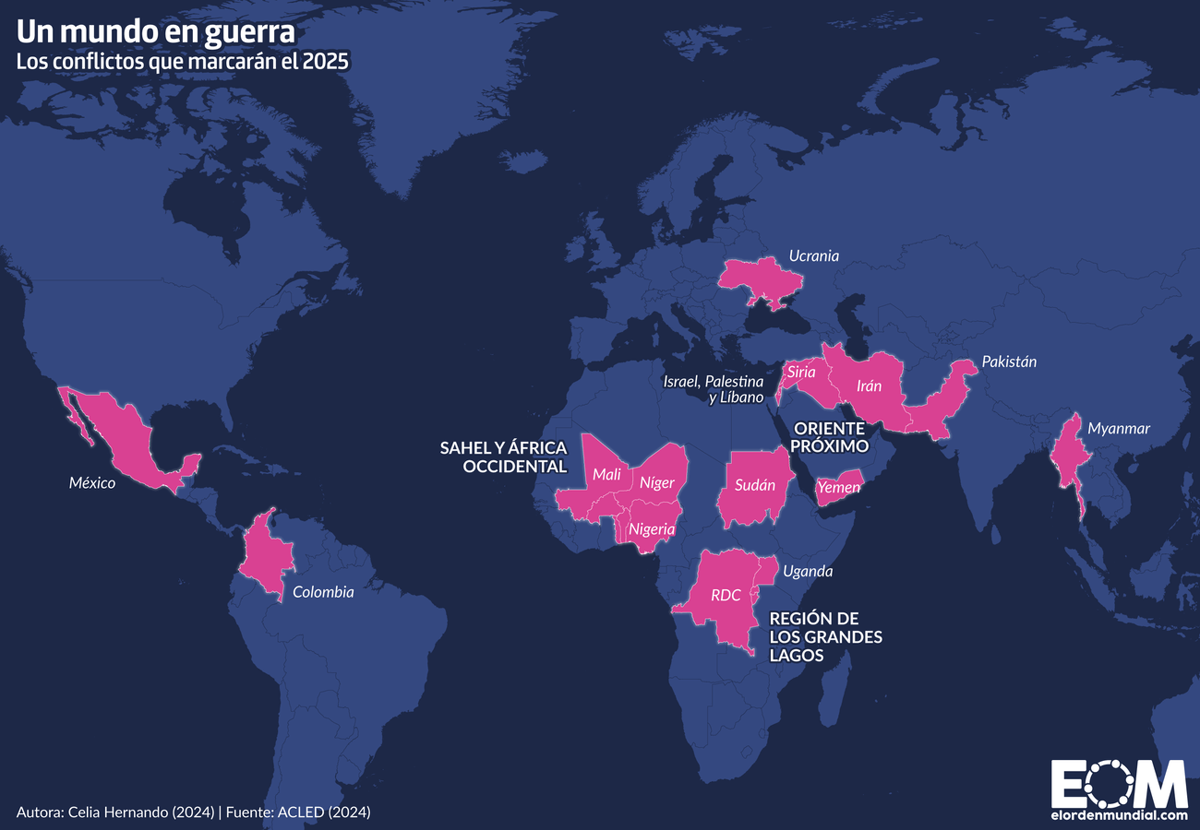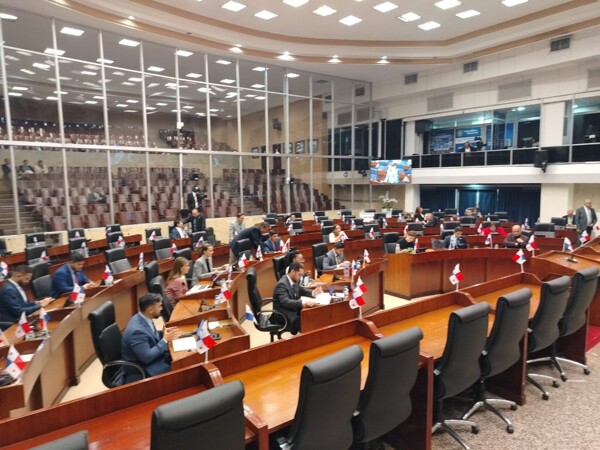
In recent years, the global geopolitical landscape has undergone a radical transformation. During the Cold War, the rivalry between the United States and the Soviet Union provided relative stability, backed by the doctrine of mutually assured destruction. However, with the fall of the Berlin Wall and the dissolution of the USSR, a new era began characterized by a multipolar order, where responsibilities among international actors have blurred, fostering competition and fragmentation.
Currently, there is an increase in armed conflicts and growing anarchy on the global stage. The stability offered by bipolarity has been replaced by multipolar disorder, where the absence of clear rules has intensified global conflict. The technological competition between the United States and China, known as the "chip battle," has emerged as a new form of global conflict.
In America, the territorial dispute between Venezuela and Guyana over Esequibo remains unresolved, exacerbated by the discovery of significant oil reserves. In Asia, Bangladesh is facing a political and social crisis following the departure of Prime Minister Sheikh Hasina. On the other hand, in Mozambique, the jihadist group Ahlu Sunna Wal Jama’a has intensified its attacks in Cabo Delgado, complicating the exploitation of natural gas fields in the region.
In the Middle East, the conflict between Israel and Hamas has transcended the borders of Gaza, involving regional actors such as Iran, Turkey, and Qatar. Furthermore, Houthi attacks in the Red Sea have triggered a maritime crisis affecting global trade, forcing shipping companies to reroute. In Africa, the Sahel has become a focal point of geopolitical conflict, with the growing presence of international actors.
In summary, the world is facing a period of transition marked by fragmentation and competition among multiple actors in various scenarios. International cooperation and diplomacy are presented as key tools to prevent chaos from becoming the norm in this new multipolar order.












